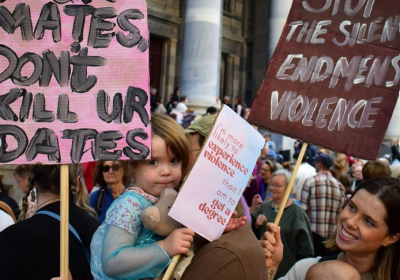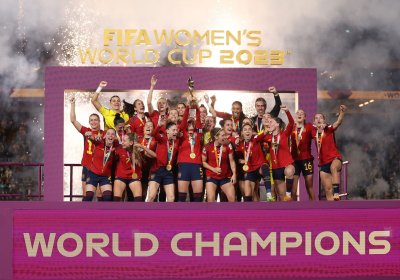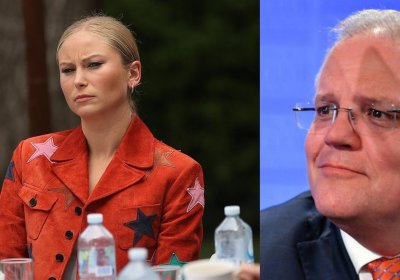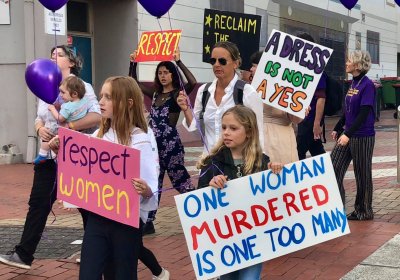While young people are generally more progressive, the far right is pushing misogyny to draw young men into their movement. Isaac Nellist reports.
Misogyny
Thousands protested across Peru against rising violence against women, police culpability and government inaction, reports Ben Radford. The marches were organised as part of the International Day for the Elimination of Violence against Women, which is marked on November 25.
Donald Trump’s victory has sent a wave of depression around the world, especially after the right-wing advances in Europe and the anti-immigrant race riots in England. Peter Boyle argues that the challenge for progressive movements has never been greater.
Olympic gold medal boxers Imane Khelif and Lin Yu-Ting faced attacks from far-right politicians and anti-trans activists while competing in the Paris Olympics, illustrating how transphobia, racism and misogyny intersect, argues Alex Salmon.
Tens of thousands of people joined mass rallies to demand real action to combat male violence against women, over April 26–27, promoted by the killing of 27 women, so far, this year.
The #ItsOver (#SeAcabó) movement has erupted in Spain to demand the resignation of national football chief Luis Rubiales, over his sexist behaviour following the Spanish women's team's World Cup victory, reports Dick Nichols.
Grace Tame signalled that women are not happy with the system, bravely pulling off her widely acclaimed, and criticised, protest. Markela Panegyres argues women have a lot to be angry about.
Reporting a male Coalition staffer's bad behaviour as “lewd” downplays the systematic nature of sexism and misogyny, argues Alison Pennington.
The Christchurch massacre has prompted many to reflect on the times we live in.
Reclaim the Night marches were held around Australia to demand an end to violence against women.
Australian Conservatives leader Cory Bernardi must have been furious when, in the space of less than 24 hours, White Ribbon Australia (WRA) back flipped on its decision to drop support for what he claimed was a “radical abortion policy”.
In online communities celebrating misogyny and decrying men's so-called “involuntary celibacy”, the suspect in the April 23 van attack in Toronto was being lauded as a “new saint”. This caused some on social media to urge a closer look at the link between such groups and mass violence.
- Page 1
- Next page











